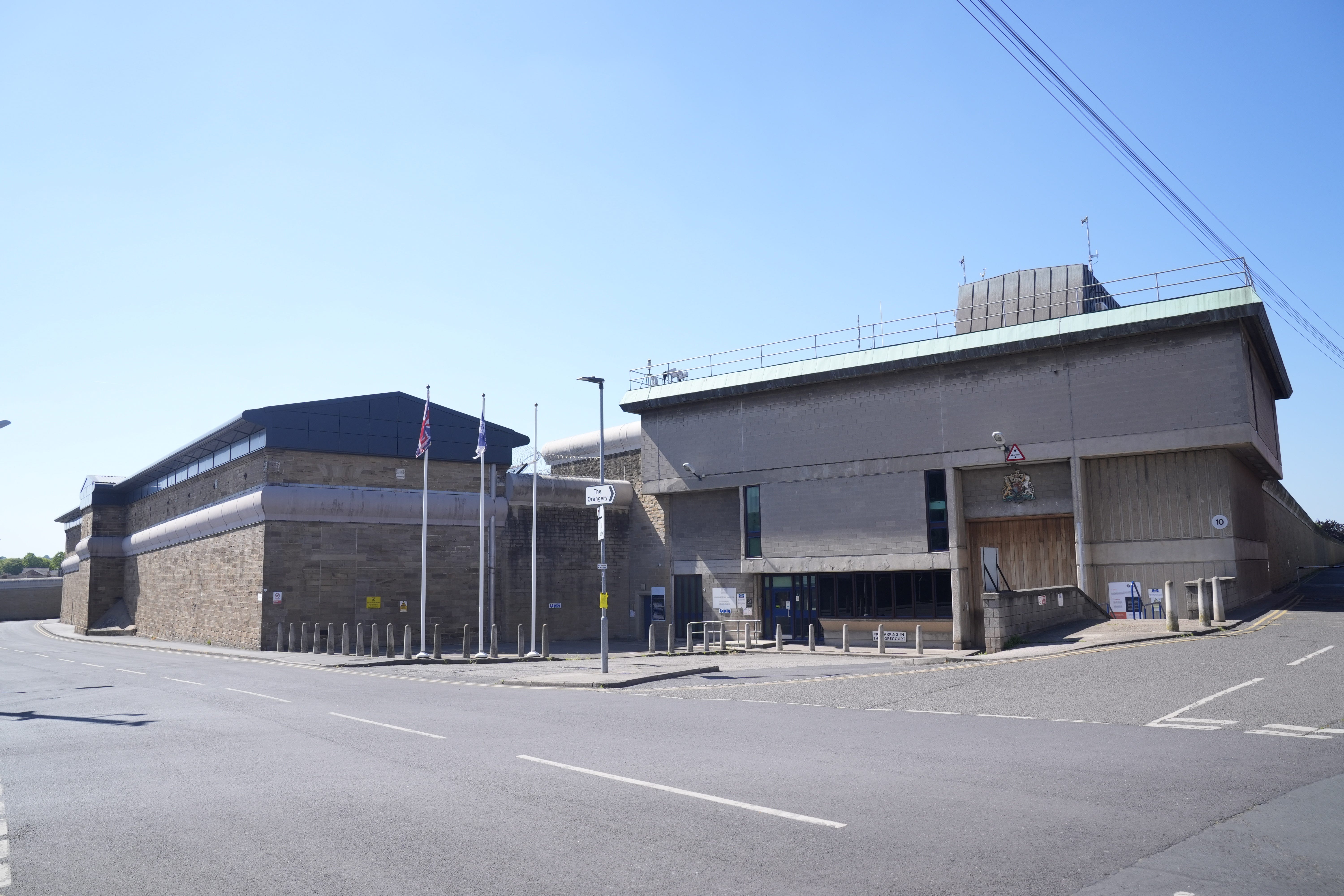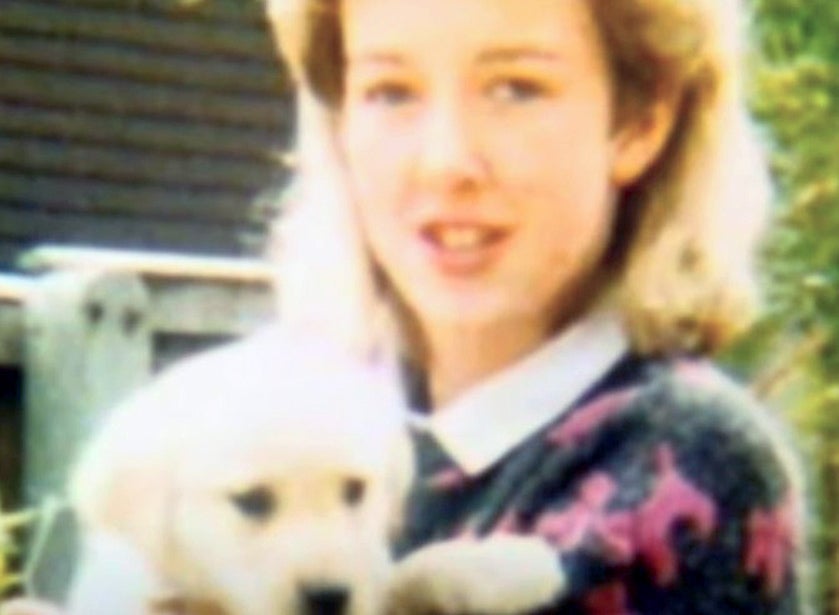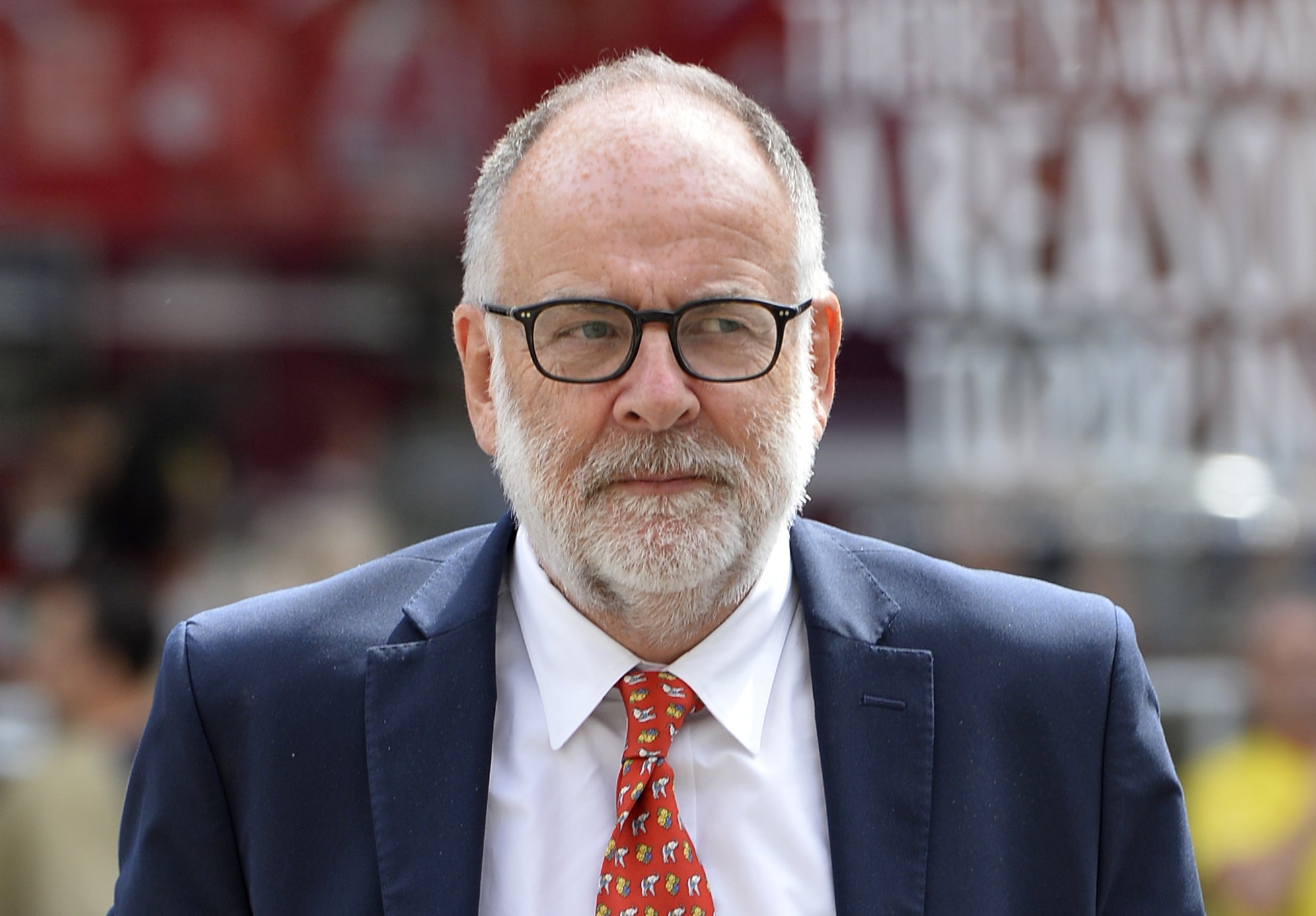
It is "absolutely inevitable" there will be other miscarriages of justice like that of Peter Sullivan, a barrister who led a damning review of the Criminal Cases Review Commission (CCRC) has warned.
Chris Henley KC found the watchdog missed multiple opportunities to free wrongly jailed Andrew Malkinson, who served 17 years for rape before he was cleared by DNA evidence, in an independent review last year.
Speaking after Mr Sullivan’s murder conviction was this week also overturned due to DNA evidence after 38 years in prison, in a case that is thought to be the longest-running miscarriage of justice in the UK, Mr Henley said there is a “fundamental problem” with our appeals system.
Asked if there would be more cases of this kind, he told BBC Radio 4’s Today programme: "Yes, I think that's absolutely inevitable. I think the case of Peter Sullivan shows us once again that mistakes will be made.
"And as part of the review process that I undertook, I urged the CCRC to review urgently and fundamentally every single case across their desk where DNA opportunities might arise, where the case was based, like this one was, on circumstantial evidence or even eyewitness evidence, which we know from the case of Andrew Malkinson, can also often be flawed."

He added: "I think that there is a fundamental problem in relation to our appeal system generally, that it just won't face up to the fact that mistakes can be made.
"It stubbornly wants to stick to the original flawed conviction."
Mr Henley’s report on Mr Malkinson’s case found he could have been exonerated a decade earlier and laid bare a “catalogue of failures” in the review body’s handling of his case. Following its publication last year, justice secretary Shabana Mahmood called the CCRC’s then-chair Helen Pitcher “unfit” for the role. She resigned in January this year.
Former justice secretary Lord Charlie Falconer also hit out after the case, claiming the CCRC is "unled and generally regarded as useless".
Labour MP Kim Johnson, the chair of the All-Party Parliamentary Group on Miscarriages of Justice, said Mr Sullivan’s ordeal exposes “deep, systemic failures in our justice system” and called for an independent inquiry into the case.
She said the case should be a “national wake-up call” and demanded “root and branch” reform of the CCRC.
Mr Sullivan was 30 when he was handed a life sentence for the brutal murder of the 21-year-old part-time florist Diane Sindall in Bebington, near Merseyside, in 1987.
The 68-year-old’s conviction was finally quashed at the Court of Appeal on Monday after his third bid to overturn it, after tests revealed his DNA was not present in samples preserved from the crime scene.
He had first raised the issue of DNA evidence with the CCRC in 2008, but they did not refer his case to the Court of Appeal because they were advised tests would be unlikely to produce a DNA profile.
More advanced testing techniques were used when he re-applied in 2021, uncovering the new DNA evidence which cleared his name.

His lawyer Sarah Myatt said the pensioner, who has been released from maximum security HMP Wakefield, wants to be "left in peace" to "resettle and readjust".
She said he “completely broke down” over the prison video-link as his conviction was quashed by Lord Justice Holroyde and a panel of judges.
"He was very overwhelmed yesterday, as can be expected,” she said. "He joined on video link from prison for the hearing, and everybody in the courtroom could see his reaction when the reality sunk in and he realised what the decision was. He just completely broke down."
Ms Myatt added: "He now needs to take some time to deal with the enormity of not only what happened yesterday and adjusting to that, but everything he's been through for the past nearly 40 years.
"He is such a private man. What he wants is to be left in peace, to just resettle and readjust."
Despite being eligible for parole after 16 years in prison, Mr Sullivan refused to admit his guilt to the Parole Board and he was never released.
"He said: 'I cannot admit to something I haven't done', even though that meant that the Parole Board would consider things in that way,” Ms Myatt added.

Discussing whether she thought Mr Sullivan's 1987 conviction for murder would ever be quashed, Ms Myatt said: "I always felt it would come at some point.
"Peter was always so hopeful, so positive, working so positively, that it always felt that it would happen.
"When we received the news that the DNA results had come through and that evidence was there (to clear him), I will remember that phone call for the rest of my career and beyond."
A CCRC spokesperson said that despite the DNA evidence not being available in 2008, the organisation did "regret that we were not able to identify Mr Sullivan’s conviction as a potential miscarriage of justice in our first review".
"As an organisation, we are committed to taking forward learning from previous reviews, and we continue to develop our understanding around forensic opportunities,” they added.







